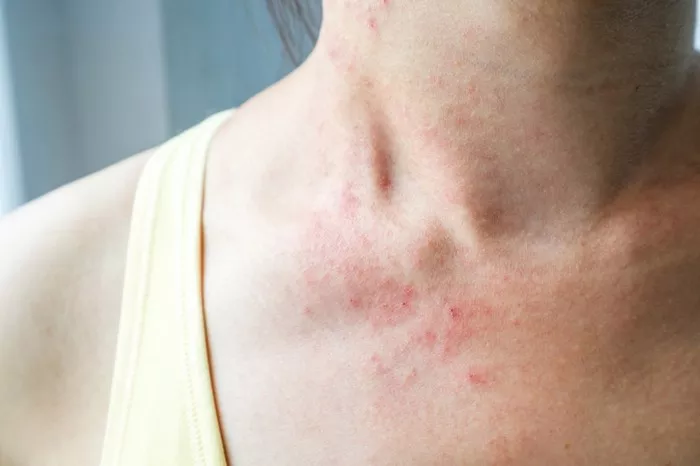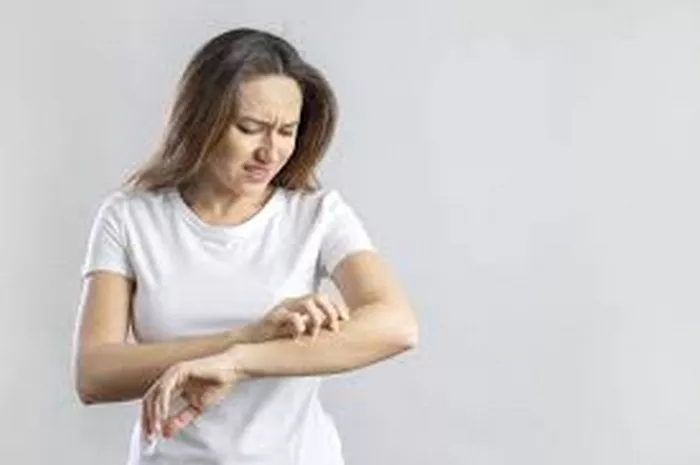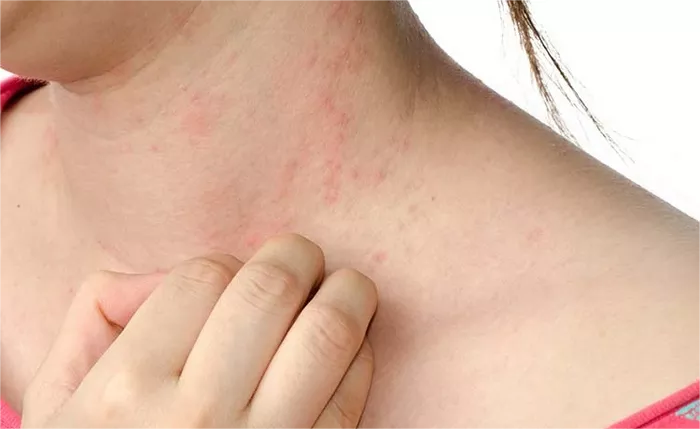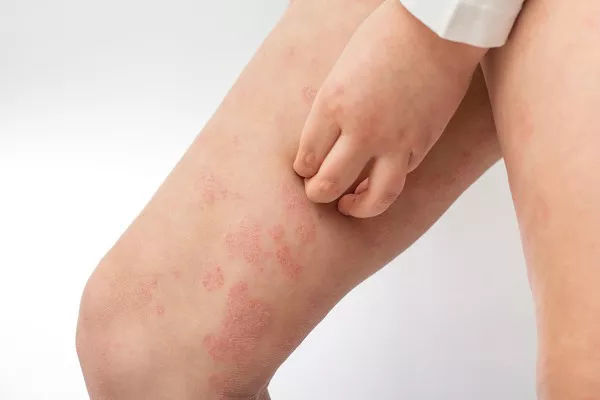Hives, medically known as urticaria, are raised, itchy welts on the skin that can vary in size and shape. These welts often appear suddenly and can cause discomfort, ranging from mild irritation to severe itching. Hives can appear on any part of the body and may change shape, move around, disappear, and reappear over short periods of time.The underlying cause of hives is the release of histamine and other chemicals into the bloodstream, which leads to the swelling of the skin. Common triggers for hives include allergic reactions to foods, medications, insect stings, or environmental factors such as pollen or animal dander. Non-allergic causes, such as stress, infections, or even exposure to heat or cold, can also provoke hives.While hives are usually temporary and harmless, they can be uncomfortable and unsightly. Fortunately, several at-home remedies can help alleviate the symptoms and provide relief.
At-Home Relief Strategies
Cooling Techniques
One of the simplest and most effective ways to relieve the discomfort of hives is through cooling techniques. Cold therapy works by numbing the area, reducing blood flow, and minimizing the release of histamines. Applying a cold compress or ice pack to the affected area can help reduce swelling and soothe the itching.
To use this method, wrap ice cubes in a clean cloth or use a cold gel pack, and apply it to the hives for 10-15 minutes at a time. Avoid placing ice directly on the skin, as this can cause frostbite or additional irritation. Repeat the process as needed throughout the day to manage symptoms.
Antihistamines
Over-the-counter (OTC) antihistamines are a common and effective treatment for hives. These medications work by blocking the action of histamine, the substance responsible for allergic reactions and the resulting symptoms like itching and swelling. Some widely available OTC antihistamines include:
Diphenhydramine (Benadryl): Known for its fast-acting relief, but may cause drowsiness, making it ideal for nighttime use.
Loratadine (Claritin): A non-drowsy option that provides 24-hour relief.
Cetirizine (Zyrtec): Another non-drowsy antihistamine, effective for controlling hives and symptoms of other allergic reactions.
Fexofenadine (Allegra): A non-drowsy antihistamine that is also known for long-lasting relief.
Always follow the dosage instructions on the package, and consult with a healthcare provider if you have any underlying health conditions or are taking other medications.
Topical Treatments
Topical treatments can be very effective in managing the itching and discomfort associated with hives. Two common options are:
Calamine Lotion: Calamine lotion is known for its soothing properties and can help reduce the itching and irritation caused by hives. Apply a thin layer to the affected areas as needed.
Hydrocortisone Cream: This mild corticosteroid cream helps reduce inflammation and itching. Apply it to the hives 1-2 times a day, but avoid using it on large areas of the body or for prolonged periods unless directed by a doctor.
Lifestyle Modifications
Certain lifestyle changes can help manage hives and prevent flare-ups:
Identify and Avoid Triggers: Keeping a diary of foods, activities, and environmental factors can help identify potential triggers for hives.
Stay Hydrated: Drinking plenty of water helps to keep the skin hydrated and may assist in reducing the severity of hives.
Wear Loose Clothing: Tight clothing can irritate the skin and exacerbate hives. Opt for loose, breathable fabrics that allow your skin to stay cool.
Practice Stress Management: Stress can trigger or worsen hives.
Incorporating stress-relieving activities like yoga, meditation, or deep breathing exercises into your routine can help manage both stress and hives.
When to Seek Medical Help
While most cases of hives can be managed at home, there are certain situations where medical attention is necessary. Seek immediate medical help if you experience any of the following:
Severe hives or a widespread rash that covers a large portion of your body.
Difficulty breathing or swallowing, which may indicate anaphylaxis, a life-threatening allergic reaction.
Swollen lips, face, or tongue, which can also be signs of anaphylaxis.
Fever, dizziness, or nausea accompanying the hives, as these may indicate a more serious underlying condition.
If your hives persist for more than a few days or frequently recur, it’s important to consult with a healthcare provider to determine the underlying cause and appropriate treatment.
In conclusion, while hives can be an uncomfortable and sometimes alarming condition, there are several effective strategies for managing symptoms at home. By understanding the triggers and utilizing these at-home remedies, you can alleviate discomfort and reduce the impact of hives on your daily life. However, it is always important to monitor your symptoms and seek professional advice if necessary.
Related Topics:



















